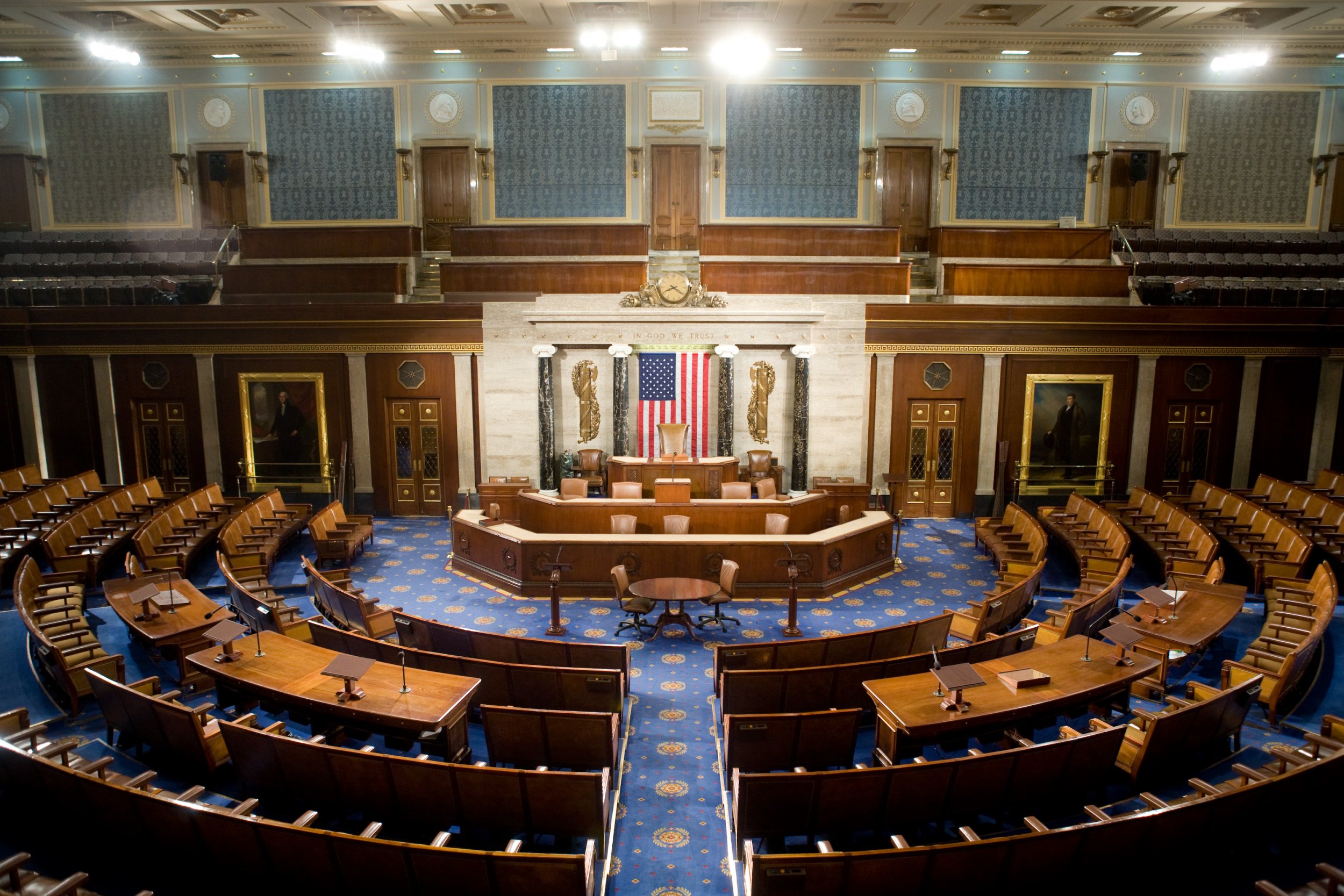Play all audios:
Two more Republicans announced this week that they're not planning to run again for their seats in the U.S. House of Representatives. Representatives Charlie Dent, of Pennsylvania, and
Dave Reichert, of Washington, released statements saying they were not running for reelection, bringing to 13 the total number of GOP dropouts in the chamber since January, according to _The
Washington Post_. Their departures aren't statistically unusual—according to _Roll Call__, _an average of 22 members of the House retire every cycle without new jobs in the works—but
little seems normal under President Donald Trump. RELATED: FROM HEALTH CARE TO TAX REFORM, WHAT'S ON THE CONGRESSIONAL AGENDA? Trump has been baffling conservatives since he announced
his presidential campaign, and he ramped up the confusion as recently as Wednesday, when he made a deal with two top Democrats, Senator Chuck Schumer of New York and Representative Nancy
Pelosi of California, to raise the debt ceiling and keep the government open in the short term, and to designate money for hurricane relief. "I haven't seen anything like it
before," Senator John McCain, an Arizona Republican, told Politico after the Trump-Pelosi-Schumer negotiations. The Dent and Reichert seats could theoretically be won by Democrats, as
NBC News pointed out, which could help in the party's quest to recapture control of the House. But there are a few Democrats leaving as well, among them Niki Tsongas of Massachusetts.
Here's a sample of the reasons why some Republicans aren't coming back. DENT: "Earlier this year, my family discussions about the future increased in frequency, and I looped
in a small group of immediate family, friends and senior staff, ultimately deciding in midsummer that I would not seek another term," he said in a news release this week. "Frankly,
I never planned on serving, voters permitting, more than five or six terms in the U.S. Congress. I'm now serving my seventh term." REICHERT: "After spending time during the
August work period with family and friends, reflecting on the past, discussing the future and celebrating another birthday, I have decided this will be my last term and I will not run for
reelection in November 2018. It was not an easy decision, but I believe it was the right one for my family and me," he said in a recent statement. "I have spent my entire career
and devoted my life to service. I see this not just as a job but as a calling—a calling I will not walk away from." JIM BRIDENSTINE, OF OKLAHOMA: "I've got a 9-year-old;
I've got a 7-year-old; I've got a 3-year-old," he said at a luncheon in 2015 while explaining his decision to serve only three terms. "I love my kids, and I'm
missing a lot of their activities because of what I'm doing right now." (Trump also just tapped Bridenstine to head NASA.) LYNN JENKINS, OF KANSAS: "This is a time for
fighting for Kansas and making the tough calls, not fundraising and campaigning," Jenkins said in a statement to The Hill in January. "As such, you should know that I will not be
running for any office in 2018. In two years, at the conclusion of this Congress, I plan to retire and explore opportunities to return to the private sector, allowing a new citizen
legislator to step up and serve Kansans." SAM JOHNSON, OF TEXAS: "Scripture tells us, 'There is a time for everything, and a season for every activity under
heaven,'" he said in a January statement. "For me, the Lord has made clear that the season of my life in Congress is coming to an end."

